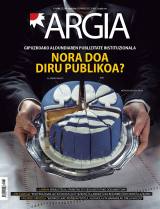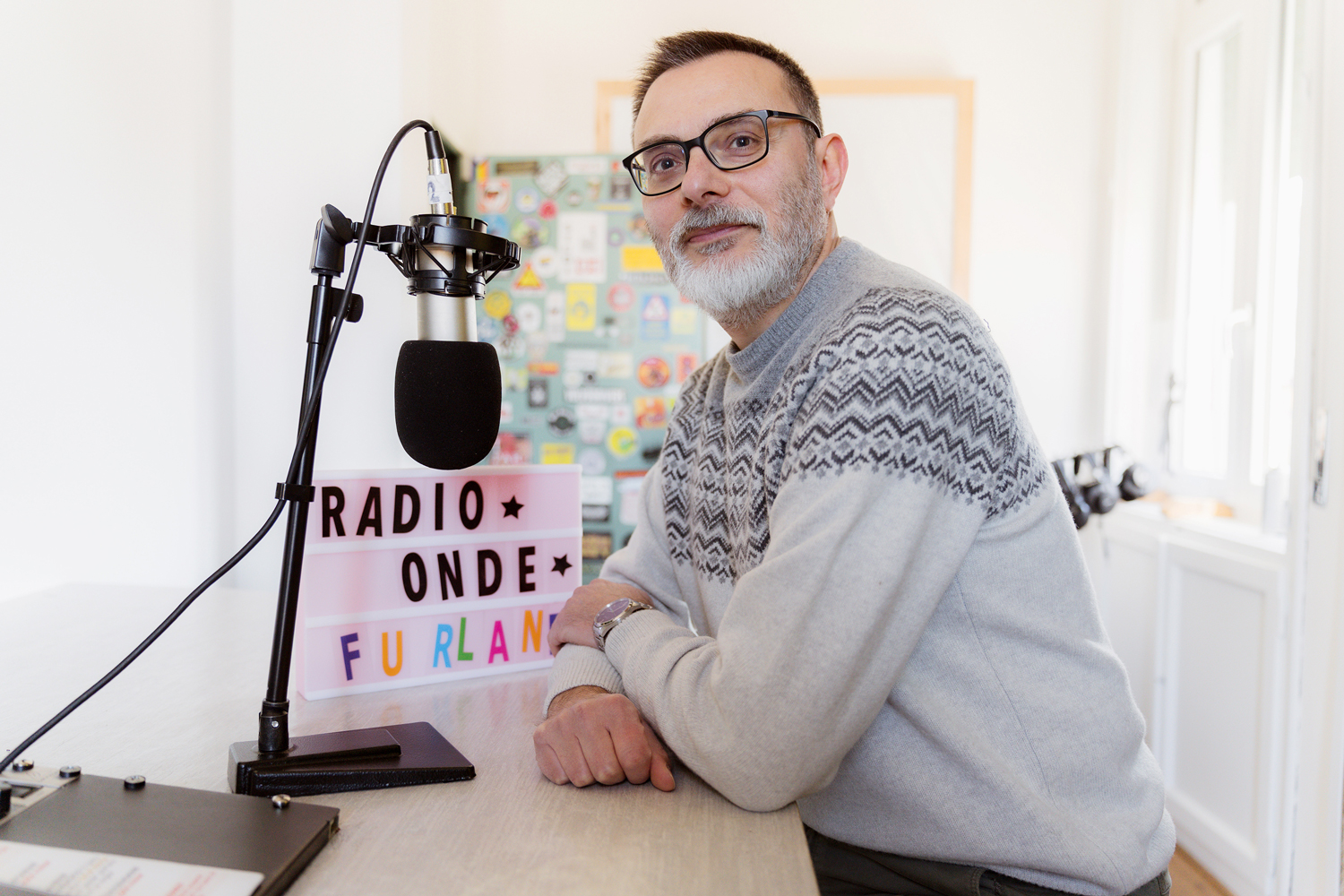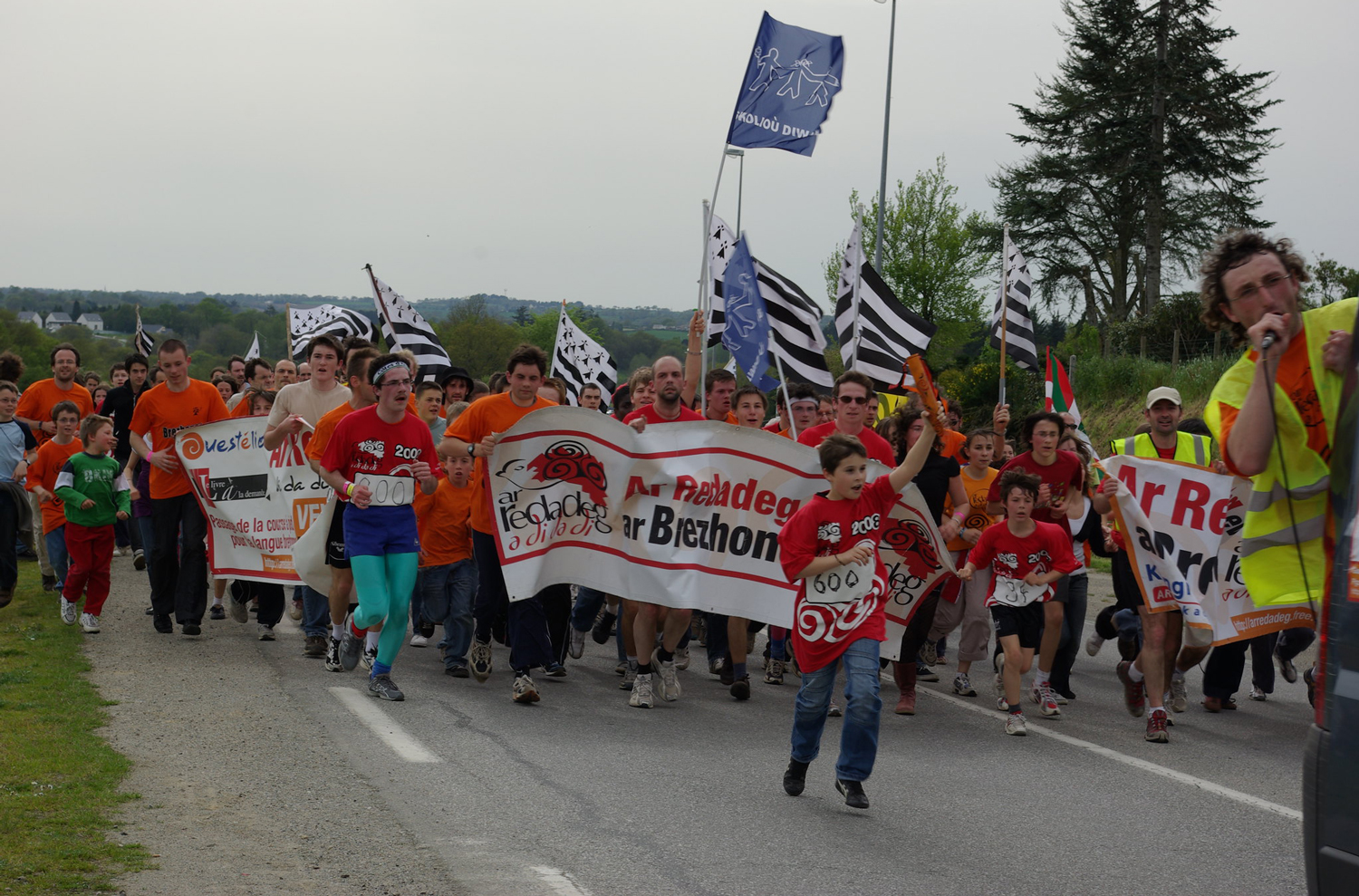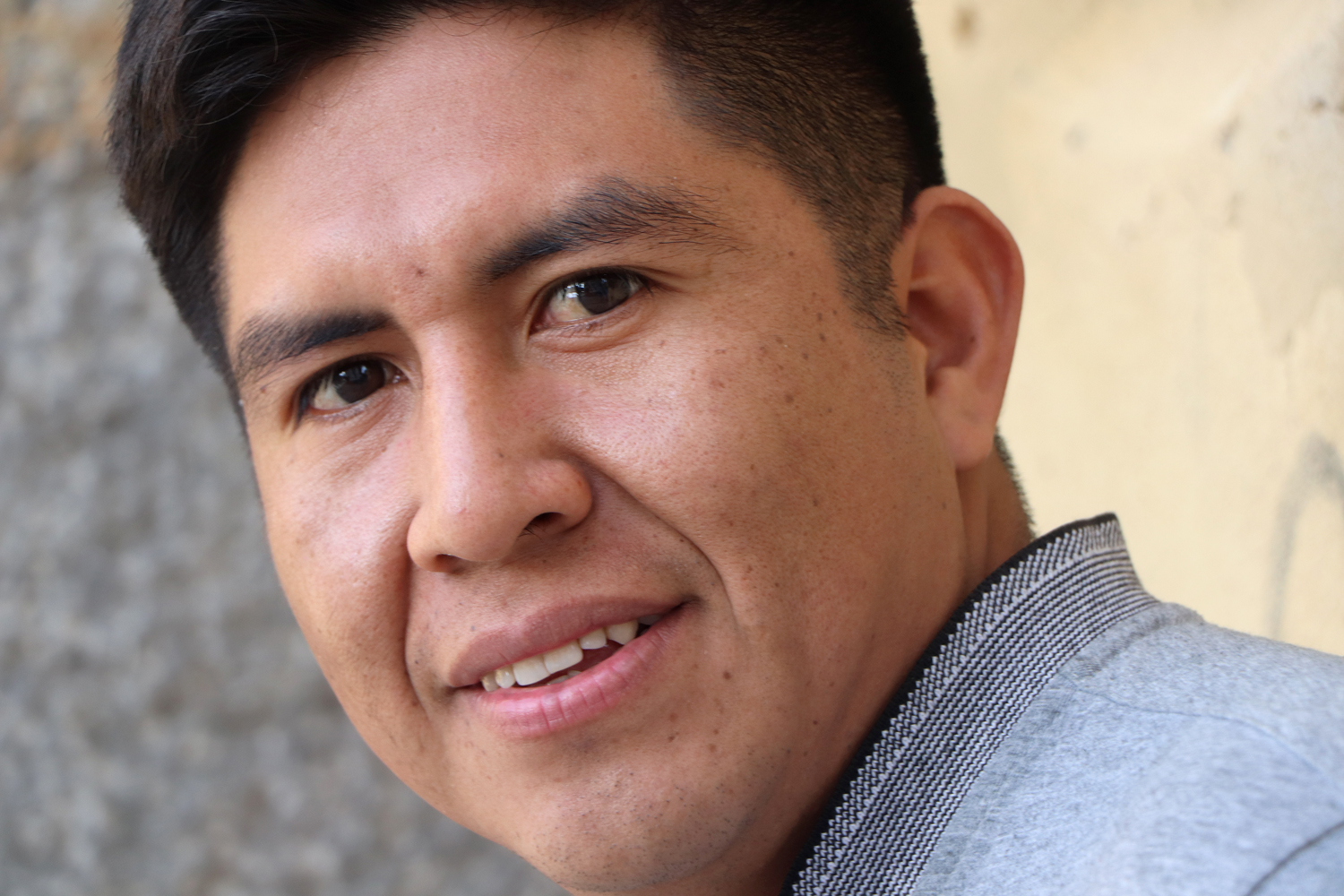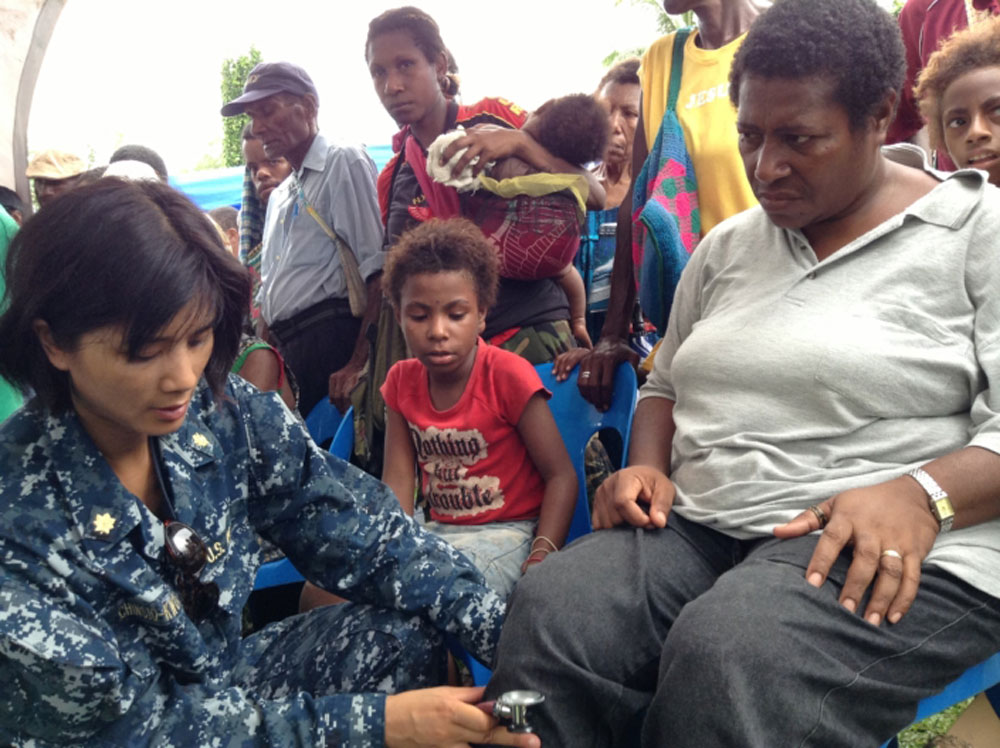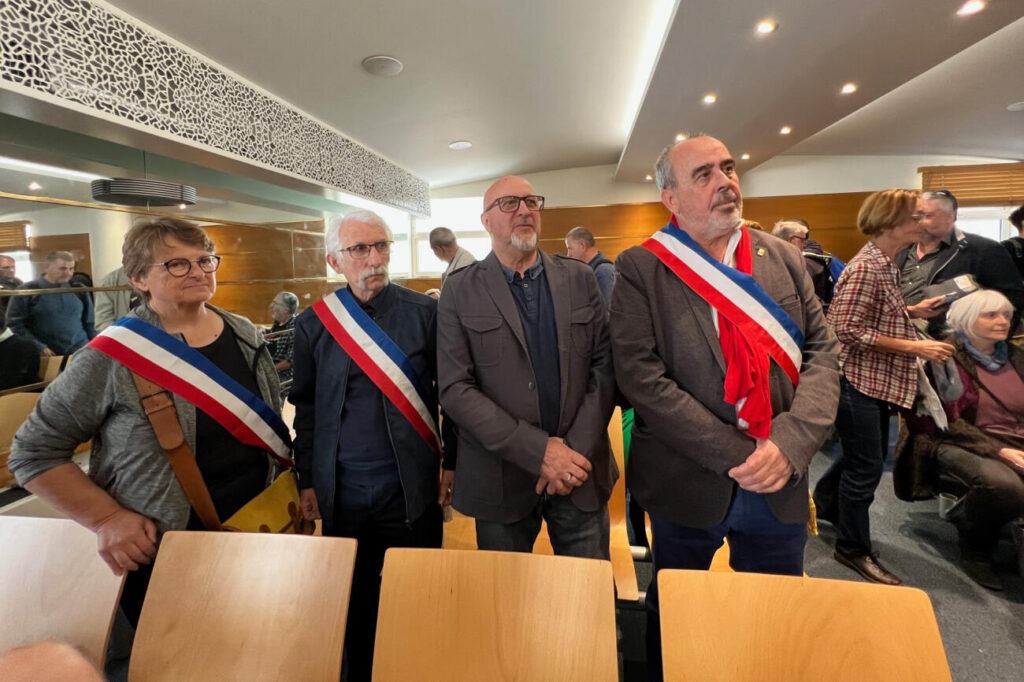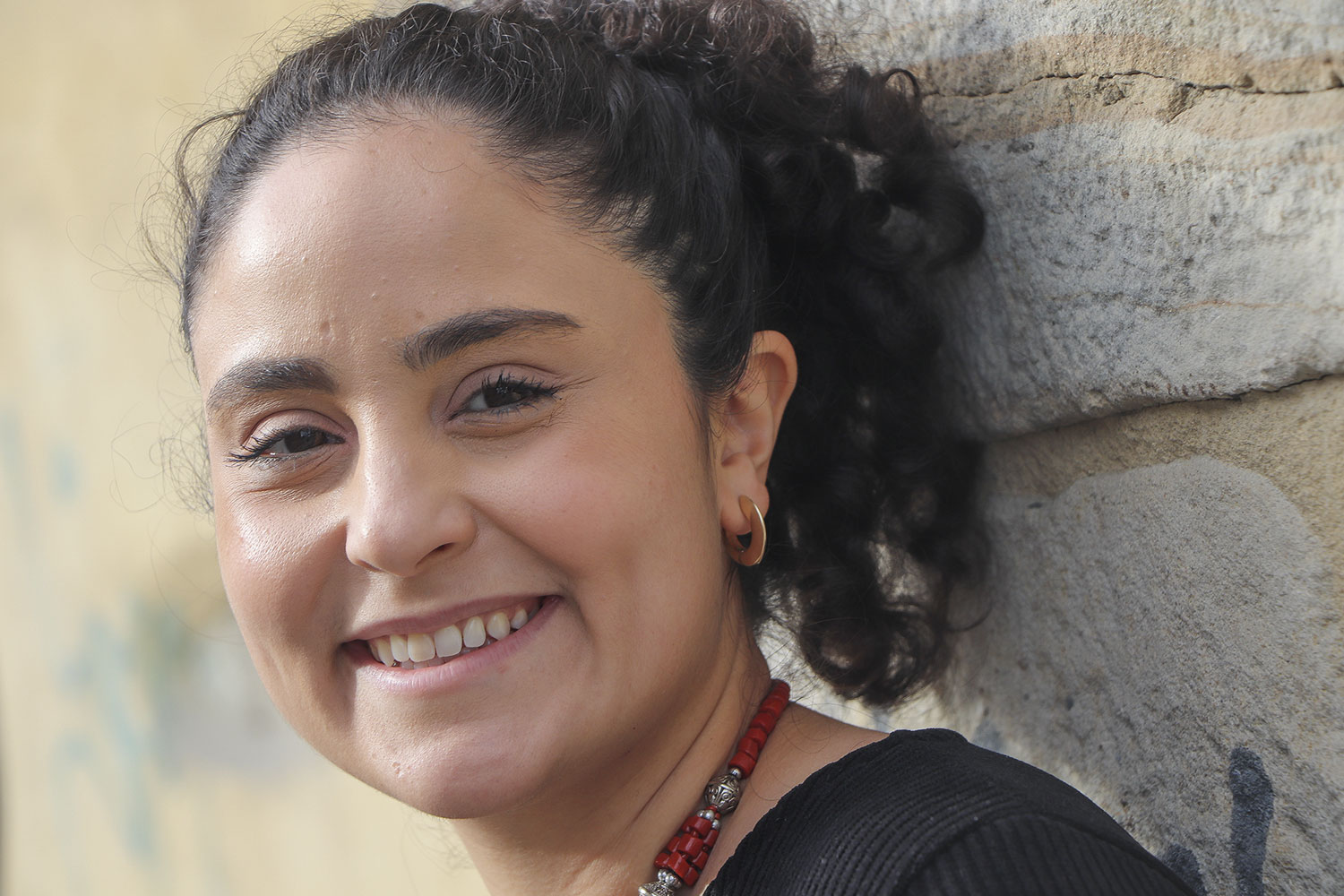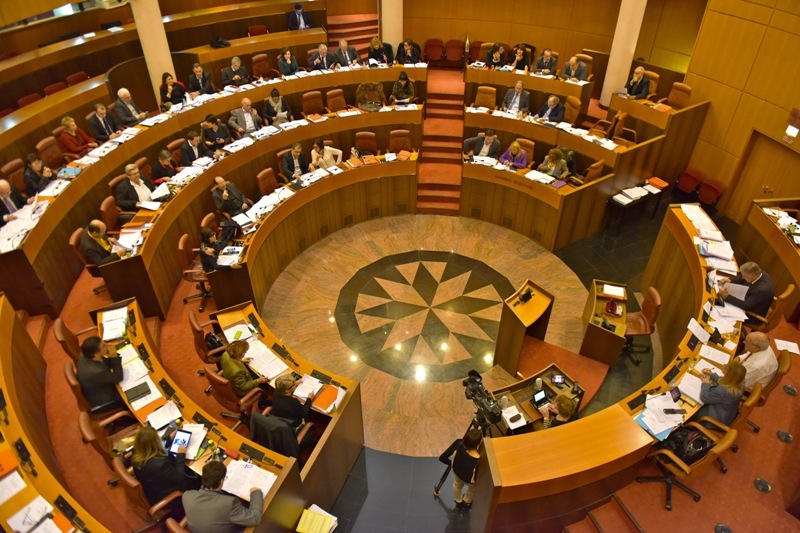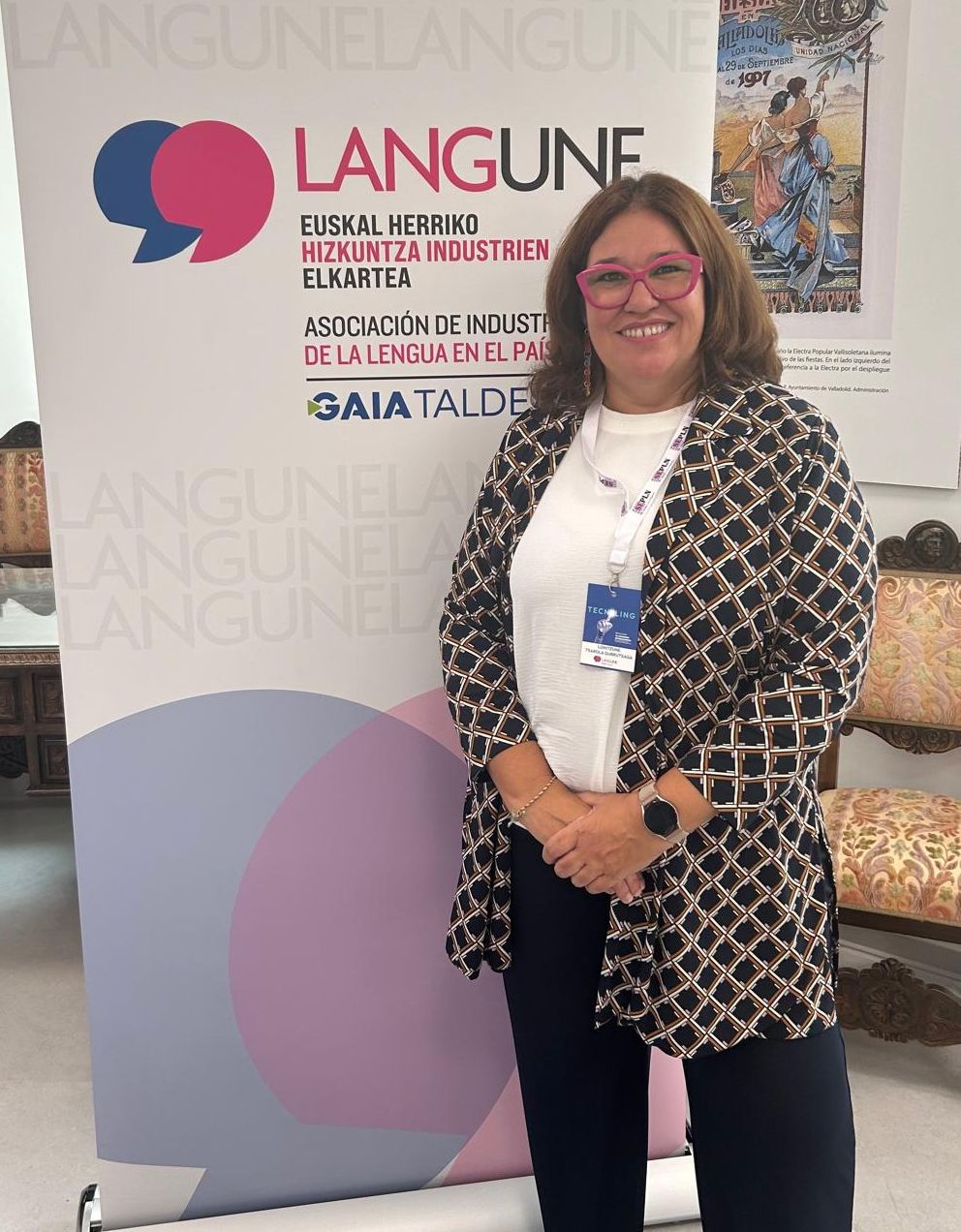"Although everyone in Europe finances cooperation projects, no one is cooperating in the language"
- Jon Sarasua (Aretxabaleta, Gipuzkoa, 1966) says that the knot living in the Basque Country is a universal issue. He is a university writer, professor and member of the Garabide association. As for the revitalization of languages, he says that in the plaza of the world's languages the Basque country has much to teach and learn.
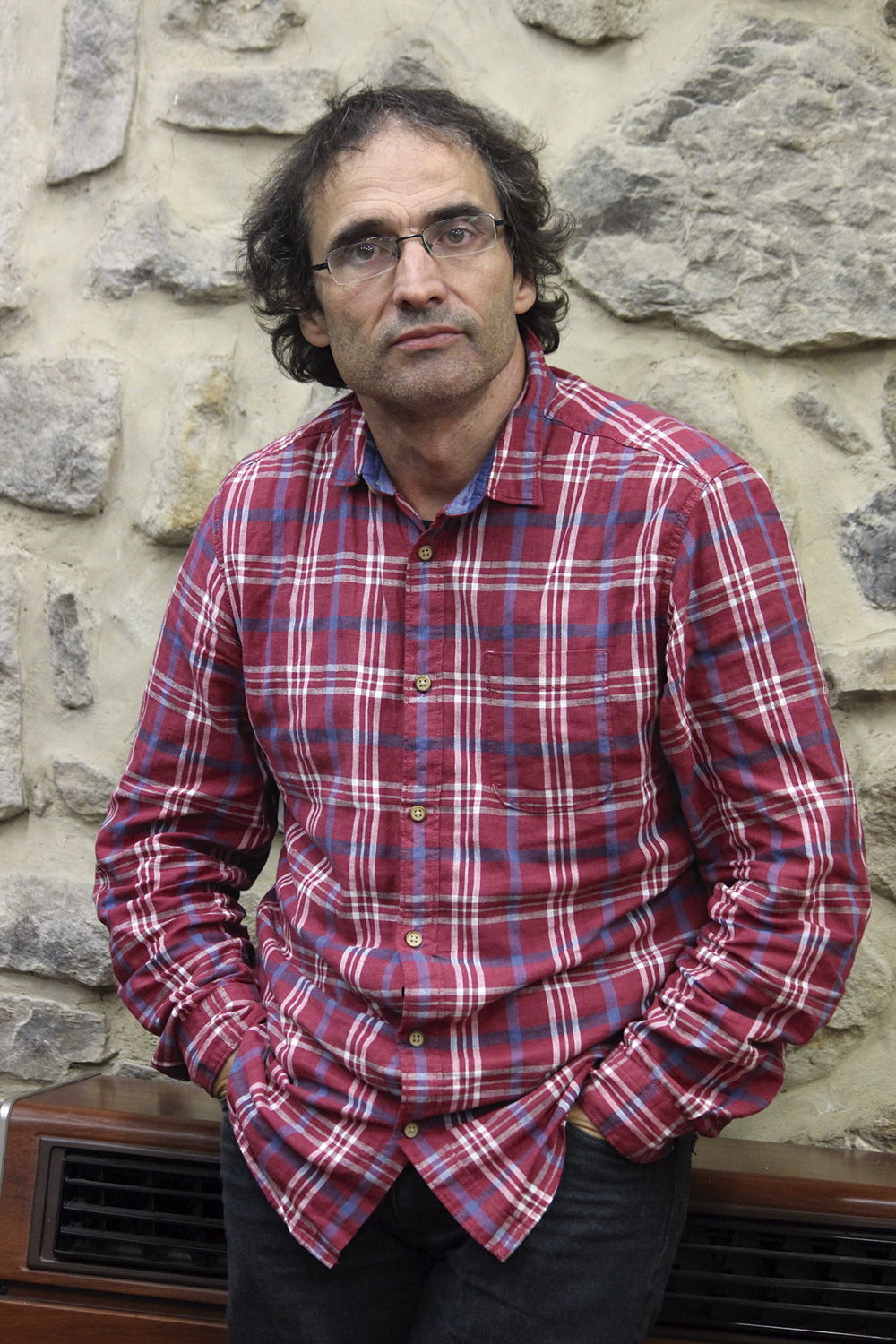
Linguistic cooperation, which is rather ethereal for many.
The idea is not difficult to explain. We have a tour of the Basque Country, working on linguistic innovation. This also has another face, that is, international, of connection with other external experiences. To this can be linked a certain way of understanding development cooperation, which moves away from assistentialism, which is not about sending money from here, without getting into the lights and shadows of that form of cooperation, with respect. Linguistic cooperation is based on the generation of knowledge flows. Although we live in asymmetric situations, this cooperation is based on sharing knowledge and experience. If we look at the countries of the world, the decline in languages is also taking place on all continents. Some of those languages are wondering where to stop, where to start the revitalization process… Some of those communities have a power of government, others do not, and they have approached us with concrete questions, how we create the ikastolas, how we conduct debates about the standard language, how we start the Euskaldunization of adults, what we are on the internet, etc. Garabide's intuition was that there was a collaborative work area.
Linguistic cooperation is not envisaged.
The main line of cooperation has been the economic, the fight against socio-economic poverty, the construction of schools, the construction of roads... These peoples also have other dreams related to the revitalization of the language, and if collaboration is encouraged they should also be called upon, who are demanding ideas. On the other hand, if we as a country have to have an international development policy, it would be good to ask ourselves what development policy we should develop, what we should share with those peoples, what we can enrich each other. One answer to the question is, among other things, to share the most welcome path we have made in the revitalization of the Basque country. We believe that a policy of cooperation must ask that question. The Basque Government, the deputies, the municipalities… subsidize hundreds of projects in Latin America. And it's a lot of money. We believe that part of this cooperation should be channelled through linguistic cooperation, because although everyone across Europe finances cooperation projects, no one is doing so in this kind of cooperation. Thousands of agencies and NGOs work in socio-economic cooperation. No one sharing experiences of revitalizing languages. That is where Garabide started. However, it must be acknowledged that the little we do is a drop in the sea. The rate of loss of languages is, at the moment, enormous.
What do you share with the language in cooperation?
To start with, learn. Be, listen, know. For years now we have heard and understood, the situation has its colors in every place. What we have to share is this time of shaking of the 60-year-old Basque, its structure and its deepest branches. The beginnings, strategies, achievements, limitations and failures of the revitalization process of the Basque Country. Questions on the corpus, education, media, adult literacy, cultural creation, corporate Euskaldunization, family administration and transmission, etc. In a course like the one we had in October, for example, one day we will see what the communication group Goiena is doing, and the other day we will visit the classroom of the ikastola of Biriatou, founded three years ago, and spend the morning with its teachers. Our small, big, medium things, within a circular learning method. It is not a question of taking the Basque road as a model. There is no model in these things, and the path of each people is unrepeatable. Let's say inspirations are created. In short, we are sharing an experimental cancer therapy, that is, the path that our community of speakers has taken in recent years. Another thing is if we are overcoming cancer ourselves, it's a debate between us. We share the path with other cancer-affected communities that come to look for clues in the field of therapy.

We hear the word cancer and we're scared.
With what diseases could the analogy be made in this extinction of minority languages? We asked in this exchange work. It helps us to visualize the seriousness of the problem that many communities that visit us experience. It's a huge decline, but it's also a paradox, because governments are more than ever saying that these indigenous languages are legally protected. And it is true that, even in quotation marks, they are legally protected, as never before, in some indigenous countries bilingual education has reached 30 years… In the last 30 years, for example, the languages of the American continent, the greatest legal support in recent centuries, the greatest discursive support, are doing “more things” than ever, and at the same time, the loss is greater than ever. Understanding this paradox isn't hard, but it's about exploring your bowels. The first step is to make a gross diagnosis.
Garabide is based on exchange. What does your institution receive from the speaking indigenous communities?
They're not as linguist as we are. Language is situated within a greater cultural flow. In that they ask us, because they point out that we have set aside other aspects of culture to take the language forward. On the other hand, being with them, we are renewed by the spirit of effort, a mind that is sometimes quite depressed. Their view, on the other hand, forces us to explain ourselves, and, for example, I better understand the path of the Basque Country, thanks to the indigenous people who come here. To appear before them, we have had to reformulate and reinterpret the information, perform synthesis, investigate the structure and keys of our tree. It's not just my case. During their stay here, members of indigenous communities visit various institutions and areas, and the interlocutors of these places can also adjust their gaze on themselves. And finally, the fact that we can take inspiration from other communities, and the electricity that comes from that contact, also gives strength to us as a community. That's what I've perceived among young people in college, for example. It has an impact here. I believe that this cooperation feeds us in many ways, or that is what we are doing.
Over ten years of Garabide work, have you seen any consequence of your work?
I worked a little in cooperation before Garabide, and the truth is that I have rarely seen an impact as fast as that of linguistic cooperation. Anyway, this impact is very relative, it has a lot to sow. In training, for example, those who come here return to their country, work and know what harvest will come from ten or twenty years. Within this relativization, to give a few examples, in Ecuador, for example, it seems that for the first time the law of languages will be adopted. And if the law is passed as such, it has the formulation that the language of Latin America is the most daring or influential law. This law has been fostered by the obstinacy of one of the educated here, resorting to the members of the Ecuadorian Parliament and committed, as it says, by the shock received in the Basque Country. Or the seed of some things that are happening between the Mapuches, or the model of immersion of the Cuetzalán nahuatarras in Mexico, or the plan of use that could be broken in the community companies of their cooperative movement, probably the first on the continent, or the beginning of a somewhat integral revitalization process in the Cauca in Colombia…
The impact is obvious.
We say with a lot of reservations. We do not know where these initiatives are going, nor can we say: “This is for us!” We use some resources and it is up to us to assess a little the impact of our efforts. It seems that yes, it is worth it, because Garabide’s work is in the seed of many small advances. The truth is that our concern is that linguistic cooperation should be done with quality, that it should be done well, that it should not be done alone. It's easy to sign such an agreement, make a relationship. On the contrary, it takes years for problems to be properly understood, knowledge has to be worked out, much has to be heard, it has to be forced, it has to be trusted, it has to be won, it is dangerous to give advice easily.
“Garabideren planteamendua ez da Garabidekook egitea hizkuntza-lankidetza hau. Beste batzuen arteko zubi izatea baizik, ahal den neurrian. Alegia, adibidez, helduen irakaskuntzarako metodoari buruzko eskea identifikatzen badugu Wallmapun, kontua da hemengo euskaltegietako adituak edo arituak haiekin harremanetan jartzea, eta loturak egitea. Hala, denborarekin sare bat sortu nahi dugu, edo sistematxo bat sortzen ari gara, Euskal Herrian euskalgintzako erakundeak, eskolak, unibertsitateko ikasleak, irakasleak, jubilatuak, udalak eta abar martxan jartzen dituena kooperazio horri begira, eta Hegoaldeko herrietako eragileen artean beste hainbeste”.
“GKEen sisteman sartu nahi izan dugu muturra, finantzabideei dagokienez. Gure lana finantzatzekotan garapen kooperaziorako dauden diruetatik jo behar genuela pentsatu genuen, ez euskalgintzarako diruetatik, baina teknikoki neketsua da. Dena dela, eskertzekoa hainbat erakunde ematen ari diren laguntza. Arantza badugu, jasotzen ditugun eskarien eta erantzuteko dugun gaitasunaren artean leizea dagoelako. Proposamenez gainezka gaude, erantzuteko modurik ez dugula esanez ari gara askori. Elkarte txikia da Garabide, hiruzpalau teknikari, hitzarmen batzuk eta borondatezko sare bat. Hori bai, hazten ari da”.
“Gustura ari gara, dexente ikasten, eta asko ikusten, baita euskararen bideko bazterrak ere. Inork esan izan digu euskaldunek egin beharko luketela kanpokoentzat prestatzen dugun formazio ikastaroa. Biriatuko ikastola, Etxepare lizeoa, Garazin bilera euskal kulturgintza birpentsatzen ari diren gazteekin iparraldean eta hurrengo egunean EAEn hizkuntza politika urteetan zuzendu duen Patxi Baztarrikaren saioa… ikuspegi aniztasun hori pribilegioa da euskaldunontzat! Gure ikastaroetan kanpoko bisitariei hemen dugun onena ematea eskatzen digu gorputzak, eta suerteko gara, denek zabaltzen baitizkigute ateak, parez pare. Euskalgintzak oso eskuzabal erantzuten digu. Pozik gaude, bisitariek ikasten dute, guk ikasten dugu, eta Garabideren inguruan lanean dabiltzan gazteek ere ikasten dute”
Lagun asko sumatu dut kezkatuta euskaldun gero eta gutxiagok ahoskatzen duelako elle-a. Haur eta gazte gehienek bezala, heldu askok ere galdu du hots hori ahoskatzeko gaitasuna, idatzian ere nahasteraino. Paretan itsatsitako kartel batean irakurri berri dugu: altxorraren biya... [+]
570.000 familiak euren haurren ikasgeletako hizkuntza nagusia zein izango den bozkatzeko aukera dute martxoaren 4ra arte: gaztelera edo katalana. Garikoitz Knörr filologoaren eta euskara irakaslearen arabera, kontsultak "ezbaian" jartzen du katalanaren zilegitasuna... [+]
Iragan urtarrilaren hondarrean, Bretainiako lurraldeko bi hizkuntza gutxituei buruzko azken inkesta soziolinguistikoaren emaitzak publiko egin zituzten bertako arduradunek. Haiek berek aitortu zuten harriturik gertatu zirela emaitzak ikustean. Hain zuzen ere, egoerak eta... [+]
Oinarrizko maia komunitateko U Yich Lu’um [Lurraren fruitu] organizazioko kide da, eta hizkuntza biziberritzea helburu duen Yúnyum erakundekoa. Bestalde, antropologoa da, hezkuntza prozesuen bideratzaile, eta emakumearen eskubideen aldeko aktibista eta militante... [+]
Korsikako legebiltzarkideek ezin dute Korsikako Asanblean korsikeraz hitz egin, Bastiako Auzitegiaren 2023ko epai baten arabera. Ebazpen horri helegitea jarri zion Asanbleak, baina debekua berretsi du orain auzitegi berak. Epaiak tokiko beste hizkuntzei eragiten diela ohartarazi... [+]









